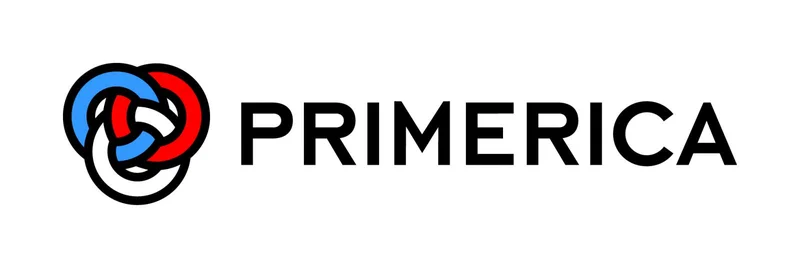Generated Title: The Screen is Dead: Why Our Digital Future is Invisible
Feel that phantom buzz in your pocket? I do. It’s that constant, low-grade hum of digital anxiety, the pull of a thousand notifications on a glowing rectangle that we’ve mistaken for a window to the world. For two decades, we’ve been hunched over these little black mirrors, tapping, swiping, and scrolling our way through life. We’ve accepted this as the peak of human-computer interaction.
I’m here to tell you it’s not. It’s a clumsy, temporary phase.
This is the kind of breakthrough that reminds me why I got into this field in the first place. We are standing on the precipice of the next great technological paradigm shift, one that will make the smartphone look as quaint as a telegraph machine. The ultimate interface, you see, is no interface at all. The future of technology isn’t in a device you hold; it’s in the air you breathe.
We’re talking about a concept called ambient computing—or to put it simply, technology that’s woven into the fabric of our environment, so smart and seamless it actually feels invisible. Think of it this way: for all of history, we’ve had to go to our tools. We walk to the computer, we pick up the phone, we speak a command to a smart speaker. We are constantly initiating, commanding, and directing.
Ambient intelligence flips that script entirely. It’s a world where our environment anticipates our needs. It’s the difference between a tool and a partner. A hammer doesn’t know you want to build a chair; you have to swing it. But an ambient environment would know your goals, your habits, even your bio-rhythms, and subtly configure itself to support you. What does that actually look like?
Imagine walking into your office and the lighting automatically adjusts to a cool, bright white because it knows you have a deep-work session scheduled, the ambient noise shifts to a subtle white noise that enhances your focus, and your computer is already open to the project you were thinking about on your commute—all without you ever touching a button or saying a word, a silent, predictive conversation between you and your surroundings. This isn't just about convenience; it's about reclaiming our cognitive real estate. How much of your brainpower is currently wasted on just managing your technology? What could you create if all that energy were freed?

This shift is as fundamental as the invention of electricity. We don’t think about the wiring in our walls; we just expect light when we enter a room. Soon, we won’t think about the processors, sensors, and networks around us; we’ll just experience a world that is more responsive, more intuitive, and more… human.
I know what the skeptics are thinking. “So, it’s just a better Alexa?” That’s like seeing the first printing press and saying, “So, it’s just a faster scribe?” It completely misses the point. This isn’t an incremental upgrade. It’s a re-architecting of our relationship with the digital world.
The screen-based model is inherently adversarial. It demands your attention. It pulls you out of the present moment. An ambient model, however, is designed to give you that attention back. It works for you in the background, a silent partner dedicated to removing friction from your life so you can focus on what matters.
I was scrolling through a Futurology subreddit the other day, and amidst the usual sci-fi speculation, one comment just nailed it. A user wrote, “This isn’t about my fridge ordering milk. It’s about technology finally getting out of my way so I can have a real conversation with my kids at the dinner table.” That’s it. That’s the soul of this revolution.
When I first truly grasped the implications of a world where technology serves without demanding, where our digital lives are supportive instead of distracting, I honestly just sat back in my chair, speechless. The speed of this is just staggering—it means the gap between a stray thought and a helpful action is closing faster than we can even comprehend, and the potential for creativity and human connection is simply immense.
Of course, we have to walk into this future with our eyes wide open. A world that knows you this well is a world that holds an unprecedented amount of data about you. The questions of privacy, security, and digital dignity aren't just important; they are the absolute foundation upon which this new world must be built. We can’t allow this ambient layer to become a tool for manipulation or control. The goal is empowerment, not digital enslavement. Who gets to write the rules for our new, invisible reality?
For years, we’ve measured progress by the sleekness of the device, the brightness of the screen, the speed of the processor. We were wrong. The true measure of technological progress is its rate of disappearance. The most advanced technology is the one you don’t even notice, the one that seamlessly integrates into your life and just works, freeing you up to be more creative, more present, and ultimately, more human. The screen isn’t the future; it’s the final cage we need to escape. And we’re about to find the key.